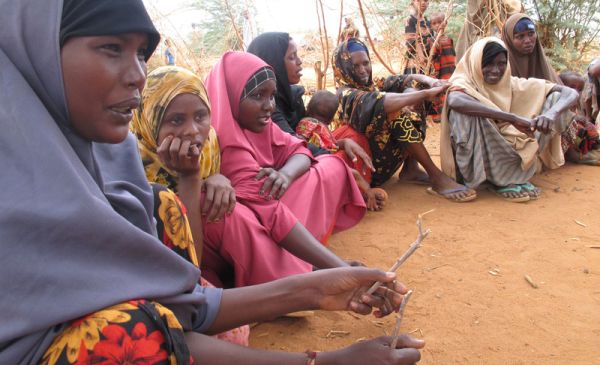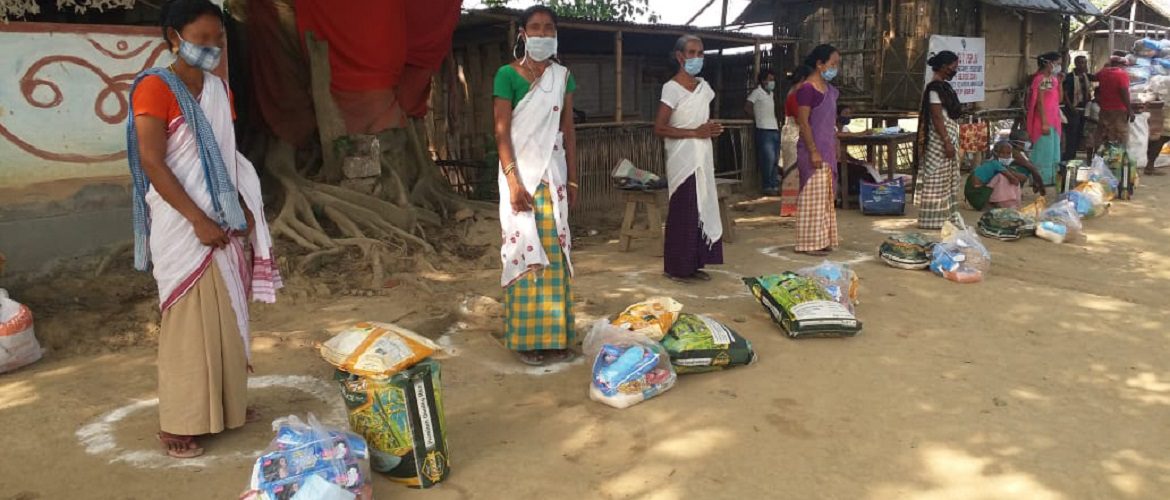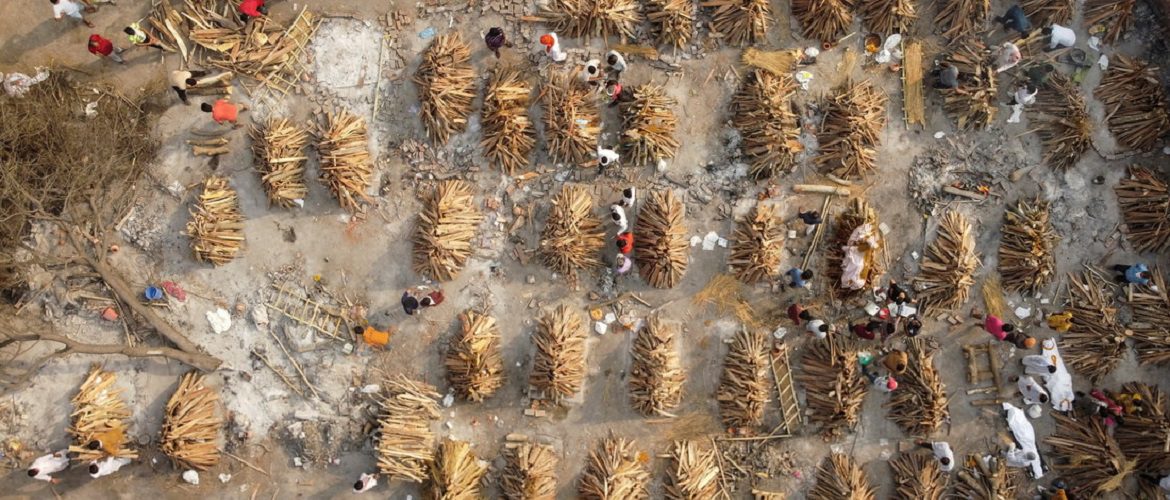By Oxfam’s Janna Hamilton in Dadaab
Two dozen women are gathered under a tree, sheltering from the harsh sun and constant hot wind that blows here in Dadaab refugee camp, in eastern Kenya.
Oxfam has organised to meet exclusively with groups of women here in the outskirts of Ifo camp, offering them a unique opportunity to talk openly about what they need to make their lives here a little more comfortable.
Oxfam’s Esther Kabahuma tells me that when communities and families are asked for feedback and comment on how their needs are being met here, it is generally the men who answer the questions.
It is rare to hear a women’s voice, and so we are giving them a chance to have a say.
As the men attempt to listen in, loitering on the edges, they are soon shooed away and reluctantly move off, but not without one man warning the women he’ll find out later. The women all look at each other and laugh.
Oxfam is interested in understanding which items the women would most like to help them manage their households and keep their children clean and healthy, and in finding out which method of sanitation is appropriate and practical for them.
Their wish list is simple; they need more jerry cans for collecting water, soap, mattresses, mosquito nets, steel basins, cooking pots, tents and sanitary pads.
It’s vital to recognise that women have specific needs, which are essential for maintaining health and dignity while living in these conditions.
Dabaab refugee camp, originally designed to accommodate 90,000 people, is now home to an estimated 400,000. Desperate women, men and children continue to arrive here from Somalia, in urgent need of food, water and shelter. With a steady flow of up to 1500 refugees arriving per day, aid agencies face the enormous task of meeting everyone’s basic needs.
Now, at least, these women have access to clean, safe water and sanitation to prevent the spread of disease, keeping their children healthier and making life a little more bearable.
Suban’s story
When we met Suban and her family, they’d just moved from the outskirts of the refugee camp five nights earlier, where they’d been living in a makeshift tent for two months since arriving from Somalia. Suban’s family is one of 200 that are relocating each day to a newly-cleared area of Ifo camp, known as the Ifo extension.
“I’m so happy to have water for drinking and washing: it makes everything clean and my children’s health will be okay when they drink it,” Suban told us. “[In Somalia] we had no clean water; there were a lot of problems without it. When my children drank the dirty water they had very bad diarrhoea and vomiting, but now we’re here they’re much better.”
As well as the Ifo extension, Oxfam is supplying clean, safe water and sanitation for people located in the outskirts of the camps; building communal toilets, drilling boreholes and installing tanks, pipes and tap stands.
Find out more
- Listen to Janna’s podcasts from Dadaab
- Find out more about our response in East Africa
- Donate to our Africa appeal and help save lives



